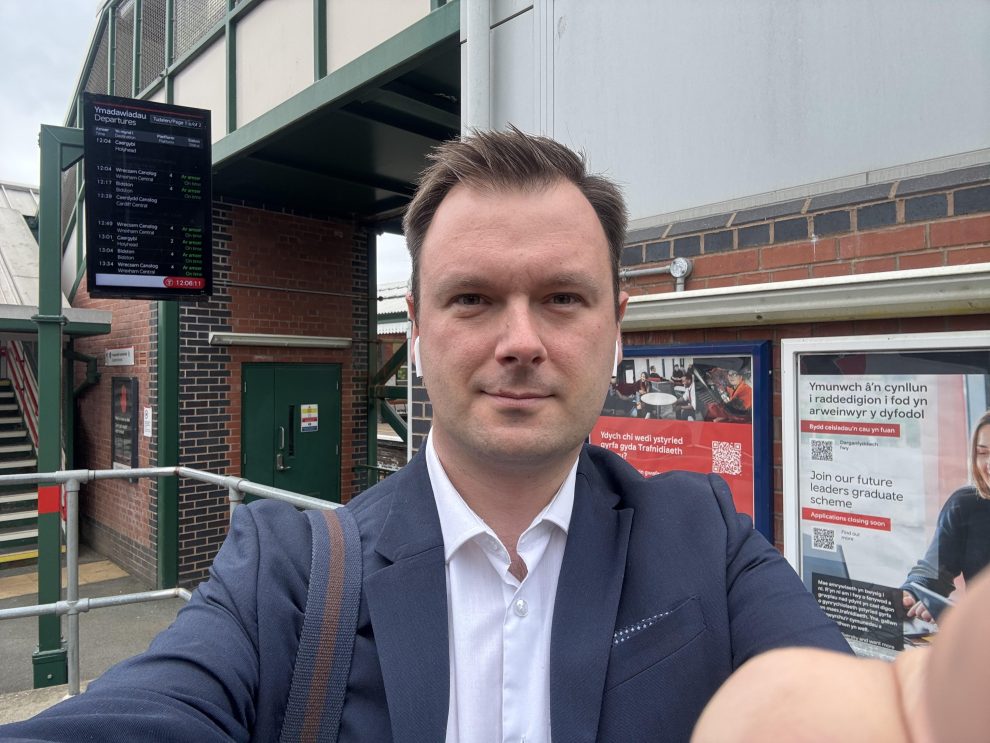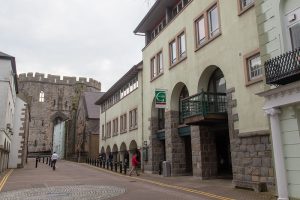I’M A BIG darts fan and when the circus rolled into town earlier this month, I braced myself for the trek up to Aberdeen where it was taking place. When you’re going from one end of the country to the top of another over 300 miles you price in the fact it is going to take eight trains and 12 hours there and back.
In a previous life, I used to work in North Wales. A well trodden path for Scousers, along the M56, we’ve heard arguably that Liverpool is their unofficial capital.
I spent the best part of seven years doing what was a 90 minute round-trip in my car every single day. In the grand scheme of things, not a particularly difficult task.
However, when I tried to get the train from where I live on Merseyside now over to Wrexham for a transport summit of all things, a 40 mile journey akin to going from Lime Street to Manchester that takes 35 minutes turned into a two-hour slog involving three different services. This is why partners on both sides of the border want to make this easier.
My day began at 7am with an of course slightly delayed Merseyrail service into Moorfields.
While my connections were all seamless, it is the frequency and pace of services that is the real issue here.
Moorfields to Bidston is pretty nippy at just under 20 minutes but when the services change from Merseyrail to Transport for Wales, things don’t go backwards as much as they stall. Currently there is only one train an hour between Bidston and Wrexham, with the former being the gateway into the wider Merseyside region.
From there, the 35 mile commute feels like something from Thomas the Tank Engine. It calls at every small station on the route and on my journeys there and back, took an hour in each direction.
It feels like a trundle at times, which is fine on a good day, but in a hurry? Things will need to change.
There is good reason why leaders want to improve services between both areas. There are huge cultural links between the cities, at the rate Wrexham AFC are going it could become a vital route when they meet Everton and Liverpool in the Premier League.
As Ken Skates, the cabinet secretary for transport, put it, the main aim is growth. Many workers travel cross-border for work and with a desire to get more cars off the road, a viable public transport network must be part of that.
We know that only too well here on Merseyside. There are also hopes the mooted new metro system could replicate the technology used between Headbolt Lane and Fazakerley to power the trains using batteries alone.
Again though, this is something that we all know comes with side effects. I was impressed by what I heard this morning and if Liverpool can continue to extend its storied history with North Wales then I’m all for it.
Here’s hoping it just doesn’t take so long next time.














